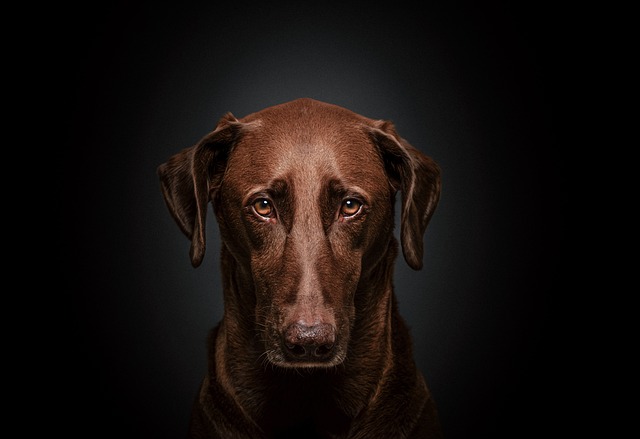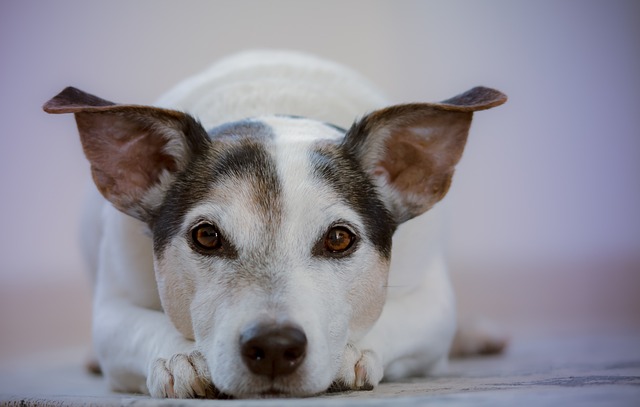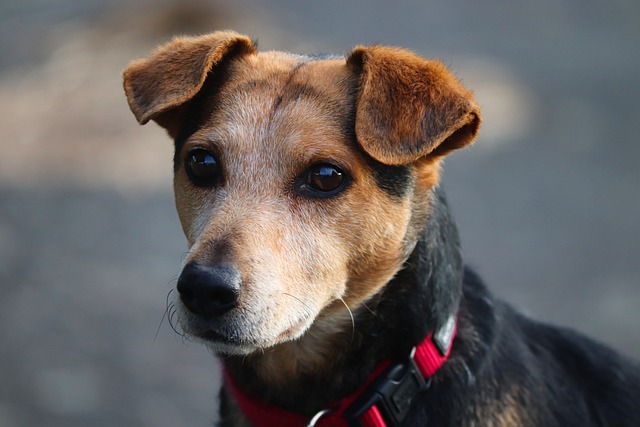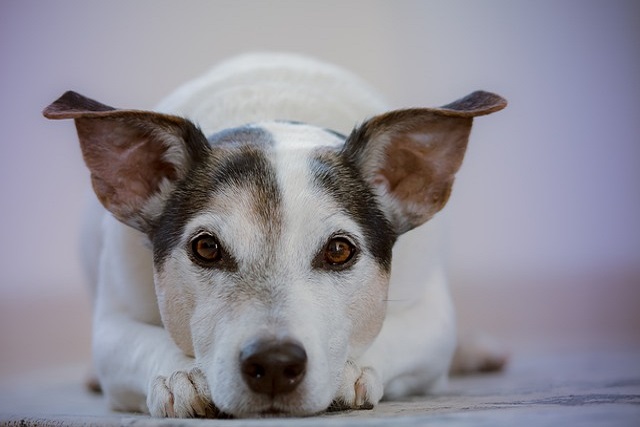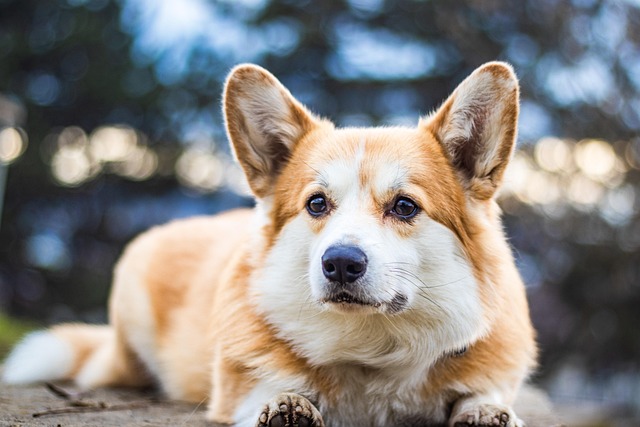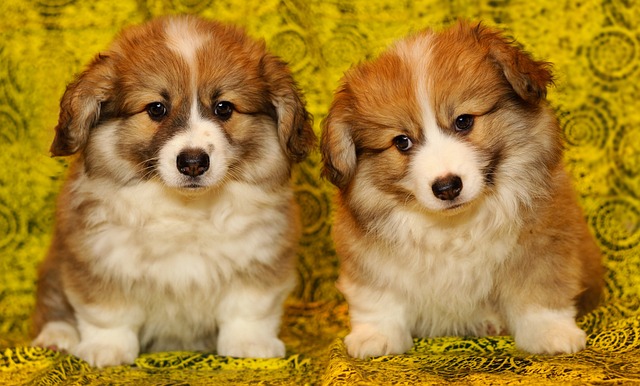A 6 month old puppy still not potty trained can feel incredibly frustrating, especially when you've been following what seems like every training guide available. The reality is that puppy potty training rarely follows a neat, predictable timeline, and several factors beyond your control influence when your furry friend finally masters this essential skill.
Most dog training resources suggest that puppies should be fully house-trained between 4 to 6 months of age, but this timeline represents an average rather than a hard rule. Research from veterinary behaviorists indicates that approximately 30% of puppies take longer than six months to achieve consistent potty habits. This extended timeline doesn't reflect poor training methods or a particularly stubborn dog—it simply means your puppy falls within the normal range of developmental variation.
Breed-specific factors play a surprisingly significant role in determining how quickly your puppy masters potty training. Smaller breeds like Chihuahuas, Yorkshire Terriers, and Maltese often require extended training periods due to their faster metabolisms and smaller bladder capacity. These tiny dogs may need to eliminate every hour or two, making it physically impossible to hold their bladder for extended periods. Conversely, working breeds such as Border Collies and German Shepherds typically excel at breed specific puppy potty training due to their high intelligence and eagerness to please, though individual personalities still vary considerably.
Some breeds present unique challenges that extend the potty training timeline. Basset Hounds and Bulldogs, for instance, mature more slowly both physically and mentally, requiring additional patience during the training process. Sighthounds like Greyhounds often struggle with house training because they're accustomed to eliminating in kennel environments if they come from racing backgrounds. Understanding your puppy's breed characteristics helps set realistic expectations and develop appropriate training strategies.
Puppy developmental stages potty training understanding reveals that many six-month-old puppies haven't yet reached full neurological maturity. The areas of the brain responsible for impulse control and learning retention continue developing until approximately eight to twelve months of age. During this period, puppies may understand the concept of going outside but still struggle with consistent execution, particularly during exciting or stressful situations.
Growth spurts also impact potty training progress. Between four and seven months, many puppies experience rapid physical development that affects their bladder control and elimination schedules. What worked last month might suddenly become ineffective as your puppy's body changes. Additionally, teething discomfort during this period can cause temporary regression in house training habits as puppies become distracted by physical discomfort.
Environmental factors significantly influence your 6 month old puppy not potty trained situation. Inconsistent schedules, multiple family members using different training methods, or recent household changes can all contribute to delayed progress. Puppies thrive on routine and clear expectations, so any disruption to their environment may slow their learning process.
Weather conditions also affect training success more than many owners realize. Puppies reluctant to go outside during rain, snow, or extreme temperatures may develop avoidance behaviors that interfere with proper elimination habits. This becomes particularly challenging in regions with harsh winters, where young dogs may refuse to venture outdoors for necessary bathroom breaks.
Individual personality traits create another layer of complexity in the potty training process. Confident, outgoing puppies often learn faster because they're comfortable exploring new environments and following human guidance. Anxious or sensitive puppies may require gentler approaches and longer adjustment periods. Some dogs are naturally cleaner and more motivated to avoid soiling their living space, while others seem less concerned about hygiene standards.
Previous experiences also shape your puppy's current behavior. Dogs from puppy mills or pet stores often struggle with extended puppy potty training timeline because they've been forced to eliminate in their sleeping areas, breaking their natural instinct to keep their den clean. Rescue puppies may carry behavioral baggage from previous homes that requires additional time and patience to overcome.
Medical conditions can masquerade as training problems, making it essential to rule out health issues before assuming your puppy is simply stubborn. Urinary tract infections, parasites, or developmental abnormalities can all interfere with normal elimination patterns. If your six-month-old puppy suddenly regresses after showing progress, or if you notice unusual frequency, urgency, or accidents despite consistent training, consult your veterinarian immediately.
Successful training requires adjusting your approach based on your puppy's specific needs and developmental stage. Increase the frequency of outdoor trips, especially after meals, naps, and play sessions. Many owners underestimate how often young puppies need to eliminate—every 30 to 60 minutes during active periods isn't uncommon for some dogs.
Consider crate training if you haven't already implemented this strategy. Dogs naturally avoid soiling their sleeping area, making properly-sized crates valuable training tools. However, ensure the crate isn't too large, as puppies will eliminate in one corner if they have too much space. The crate should be large enough for your puppy to stand, turn around, and lie down comfortably, but not much bigger.
Reward-based training proves more effective than punishment for most puppies. Immediately praise and treat your dog when they eliminate in the appropriate location, creating positive associations with outdoor bathroom breaks. Avoid scolding accidents, as this may cause your puppy to hide their elimination behavior rather than learn proper habits.
Remember that consistency from all family members is crucial for success. Everyone in your household should follow the same training protocols and use identical commands to avoid confusing your puppy. Consider keeping a detailed log of your puppy's elimination schedule to identify patterns and adjust your routine accordingly.
Most importantly, maintain realistic expectations and remember that every puppy develops at their own pace. While a 6 month old puppy not potty trained can feel discouraging, many dogs don't achieve complete reliability until eight to twelve months of age. Your patience and consistency during this extended learning period will ultimately determine your success, so resist the urge to rush the process or try overly complicated training methods.
